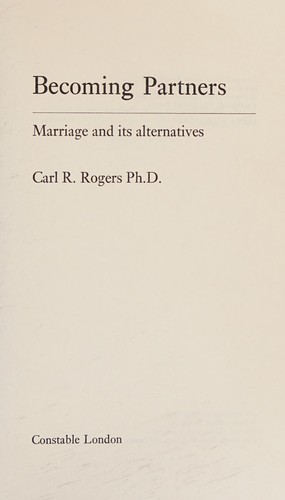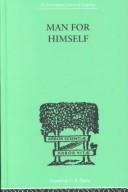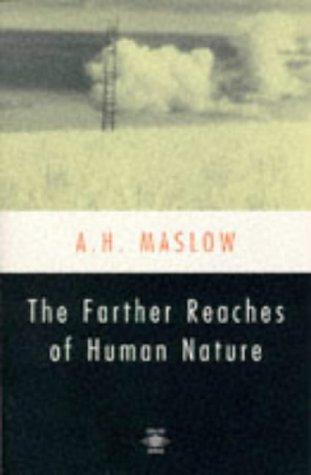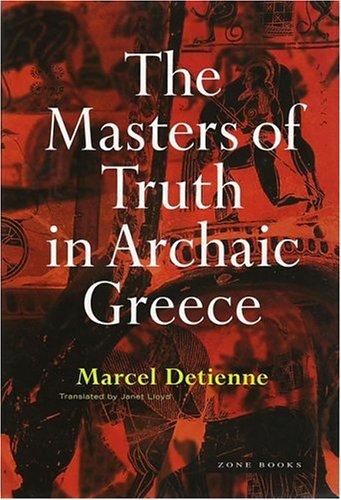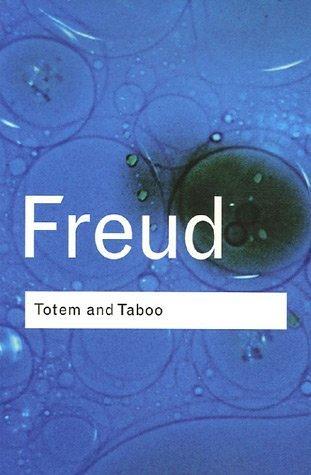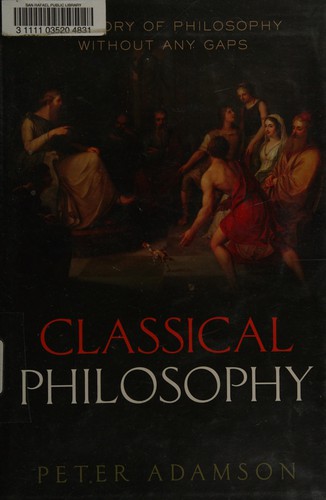What makes this a great history of philosophy is precisely its “without any gaps approach”. This because, as Peter Adamson himself recognizes on the last section of this book, if you’re studying philosophy in, say, an undergraduate course, and you’re doing the usual flyover on the whole history of the great philosophers that are most of your classes, usually “you might reasonably expect to jump from Aristotle to, perhaps, Descartes, leaping over about 2,000 years of history in the process” (ADAMSON, 2014). Yes, time is short and there’s too much of the good stuff to cover without having to deal with what most histories deem the minor thinkers.
This is unfortunate, because with such huge gaps in the narrative, you get the impression that some of the thinkers, or their ideas, just come out of the blue, making them seem more extraordinary than they really were.
Well, not in …
User Profile
This link opens in a pop-up window
UdeRecife's books
User Activity
RSS feed Back
UdeRecife rated A way of being: 5 stars
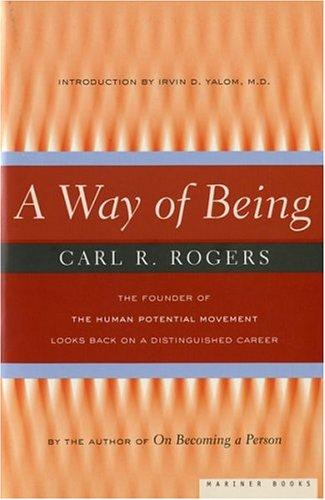
A way of being by Rogers, Carl R.
Personal experiences and perspectives: Experiences in communication -- My philosophy of interpersonal relationships and how it grew -- In retrospect: …
UdeRecife rated Impro: improvisation and the theatre: 4 stars
UdeRecife rated What We Say Matters: 5 stars
UdeRecife rated Several short sentences about writing: 5 stars
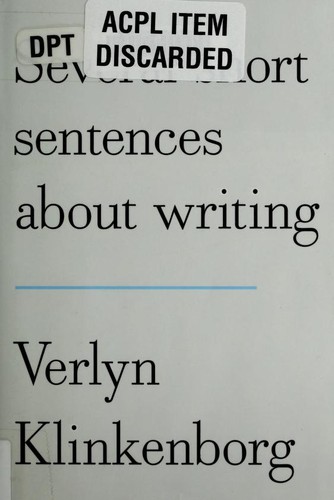
Several short sentences about writing by Verlyn Klinkenborg
Most of what you think you know about writing is useless. It's the harmful debris of your education'a mixture of …
UdeRecife rated How Evolution Explains Everything about Life: 2 stars
UdeRecife rated Philosophy in the Hellenistic and Roman worlds: 4 stars
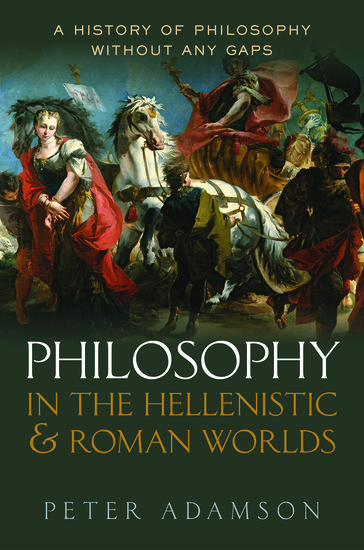
Philosophy in the Hellenistic and Roman worlds by Peter Adamson (History of philosophy without any gaps -- 2)
Peter Adamson offers an accessible, humorous tour through a period of eight hundred years when some of the most influential …
UdeRecife rated Man For Himself: 1 star
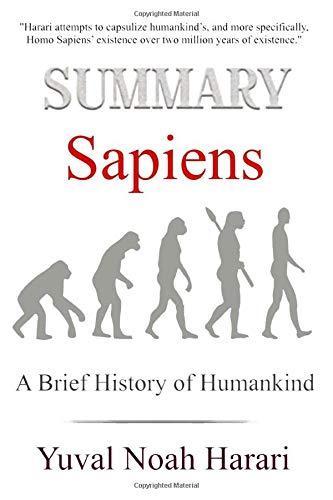
Summary: Sapiens: A brief History of Humankind by Yuval Noah Harari by Yuval Noah Harari
Sapiens: A Brief History of Humankind (Hebrew: קיצור תולדות האנושות, [Ḳitsur toldot ha-enoshut]) is a book by Yuval Noah Harari, …
UdeRecife rated The farther reaches of human nature: 3 stars
UdeRecife rated The Masters of Truth in Archaic Greece: 3 stars
UdeRecife rated Totem and Taboo (Routledge Classics): 1 star
UdeRecife rated Civilization and Its Discontents: 2 stars
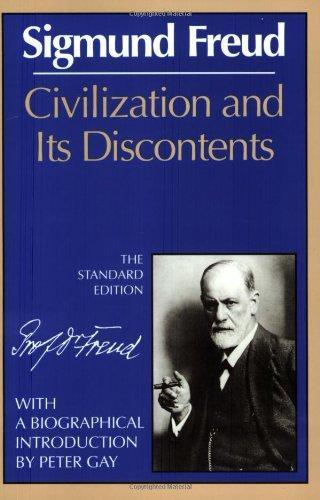
Civilization and Its Discontents by Sigmund Freud
Civilization and Its Discontents is a book by Sigmund Freud, the founder of psychoanalysis. It was written in 1929 and …
UdeRecife reviewed Classical philosophy by Peter Adamson
Review of 'Classical philosophy' on 'Goodreads'
5 stars
What makes this a great history of philosophy is precisely its “without any gaps approach”. This because, as Peter Adamson himself recognizes on the last section of this book, if you’re studying philosophy in, say, an undergraduate course, and you’re doing the usual flyover on the whole history of the great philosophers that are most of your classes, usually “you might reasonably expect to jump from Aristotle to, perhaps, Descartes, leaping over about 2,000 years of history in the process” (ADAMSON, 2014). Yes, time is short and there’s too much of the good stuff to cover without having to deal with what most histories deem the minor thinkers.
This is unfortunate, because with such huge gaps in the narrative, you get the impression that some of the thinkers, or their ideas, just come out of the blue, making them seem more extraordinary than they really were.
Well, not in Adamson’s History. The key feature here is really his “without any gaps” approach. This is what makes this a must-be companion for all who truly want to know how ideas came to be in the first place.
So, if you’re a history of philosophy buff like me and you really want to know as much as possible about the minor things leading to the great ones, this is definitely a must-read for you too.
From almost every conceivable minor thinker to the big, big ones, where you also get to see not only all the great, but also the smaller things they thought, said and done; from the great men (for they are usually only men) to the great women; from the usual great biographical moments to the tiniest details that make up the perfect conversation starters at parties, nothing here is left out. For this is truly A History of Philosophy Without Any Gaps.






